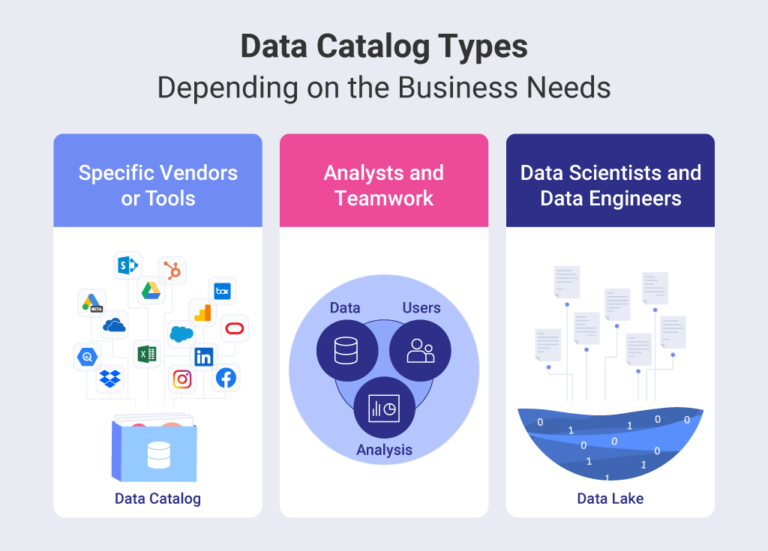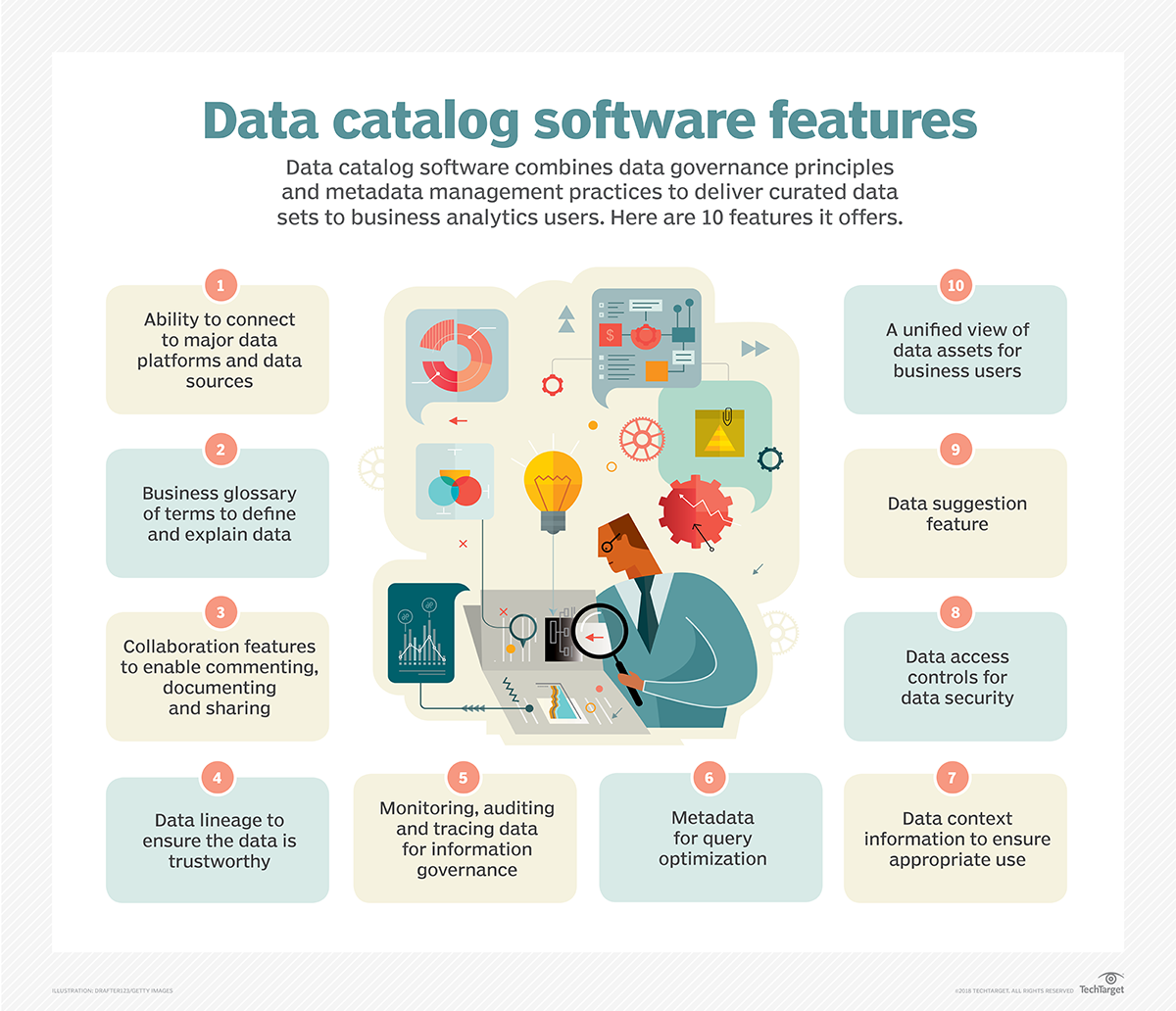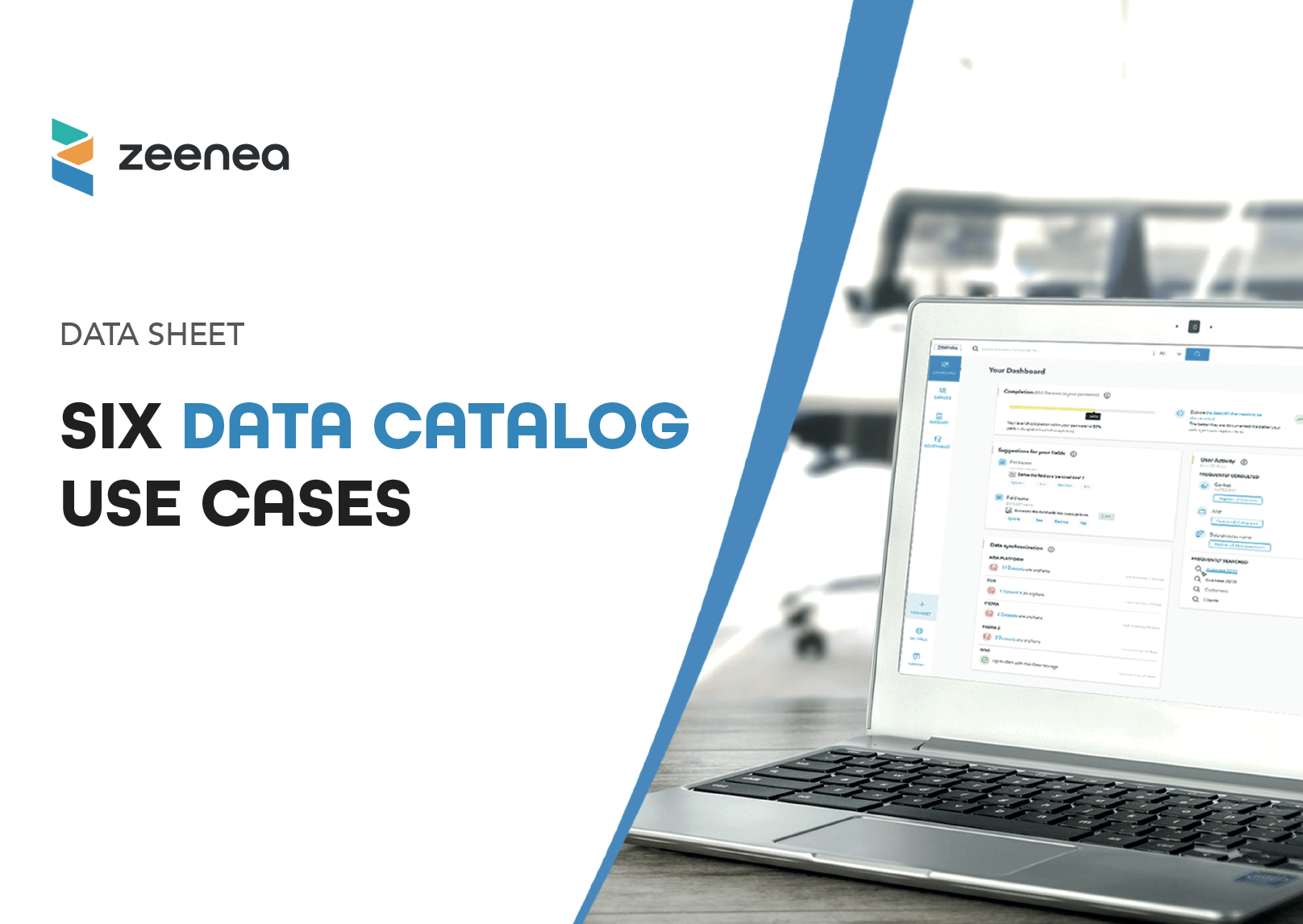Data Catalog Use Cases
Data Catalog Use Cases - Sap datasphere as enabler for a business data fabric architecture delivers seamless and scalable access to business data. Here are seven of the top data catalog use cases in modern enterprises. Learn the top use cases for a data catalog to close gaps in your data work and make decisions with clarity and speed. This can help organizations avoid using outdated or incorrect data, which can lead to costly errors and inefficiencies. R2 data catalog is a managed apache iceberg ↗ data catalog built directly into your r2 bucket. From enhancing data discovery to automatically updating metadata from all sources, a. One insurance company, for example, used data products to capture $210 million of value from a set of use cases in its plan. A data catalog is an organized collection of metadata that describes the content and structure of data sources. These centralized repositories provide a comprehensive view of an organization's data assets, including metadata information such as structure, quality, location, and relationships. The blog explores different use cases, including governance, discovery, integration, lineage, and. Combining powerful data catalog capabilities with denodo’s centralized logical data access layer offers a unified view of data products and services. A data catalog can help ensure that data is accurate and up to date by providing information about the data’s source, lineage, and classification. Data catalogs serve as versatile solutions, addressing the complexities of modern data management. They are, simply put, collections of information about all the available data sets an organization has or can access, helping those within it find what they need quickly and easily. The first is the acceleration in capturing a use case’s value—in some cases, by as much as 90 percent. Sap datasphere as enabler for a business data fabric architecture delivers seamless and scalable access to business data. Organizations can use data catalogs to streamline their storage and data management. Below are the six most common use cases for a data catalog: Let’s explore these in depth, along with the relevant use cases and data catalog capabilities that support them. What are the use cases of a data catalog? The first is the acceleration in capturing a use case’s value—in some cases, by as much as 90 percent. Data catalog adoption can help in many ways, from democratizing data in an organization to protecting data subject to fines under new privacy laws. This can help organizations avoid using outdated or incorrect data, which can lead to costly errors and. What is a data catalog? A data catalog is an organized collection of metadata that describes the content and structure of data sources. What are the use cases of a data catalog? Let’s explore these in depth, along with the relevant use cases and data catalog capabilities that support them. This saves effort and time and helps teams be more. What is a data catalog? What are the top use cases? R2 data catalog is a managed apache iceberg ↗ data catalog built directly into your r2 bucket. What is a data catalog? Here are some key use cases demonstrating the diverse applications: Zoom in on the data catalogue and examples of tools. A powerful data catalog will help to superpower your data team with a range of use cases designed to make it easier for them to do their job. What are the use cases of a data catalog? Here are four key ways a data catalog drives business value: A data. When it comes to official industry definitions, a data catalog is an organized inventory of a company’s data assets. R2 data catalog is a managed apache iceberg ↗ data catalog built directly into your r2 bucket. A data catalog is defined as a system that indexes, centralizes and provides a unified view of all a company's metadata. What is a. What are the top use cases? Let’s explore these in depth, along with the relevant use cases and data catalog capabilities that support them. Learn more about benefits, use cases, and more. A centralized inventory of data assets within an organization, helps data consumers and analysts to easily discover and locate the data they need for their analyses or projects.. What does a data catalog do? It will allow them to easily locate, understand, and utilize data across various sources, improving their productivity and efficiency. A powerful data catalog will help to superpower your data team with a range of use cases designed to make it easier for them to do their job. A centralized inventory of data assets within. What does a data catalog do? Combining powerful data catalog capabilities with denodo’s centralized logical data access layer offers a unified view of data products and services. Learn more about benefits, use cases, and more. They are, simply put, collections of information about all the available data sets an organization has or can access, helping those within it find what. What is a data catalog? What is a data catalog? From enhancing data discovery to automatically updating metadata from all sources, a. Learn more about the data catalog uses cases that improve your data management processes. Here are seven of the top data catalog use cases in modern enterprises. Organizations can use data catalogs to streamline their storage and data management. Its job is to help employees quickly discover, understand, and consume data. What is a data catalog? Here are some key use cases demonstrating the diverse applications: Combining powerful data catalog capabilities with denodo’s centralized logical data access layer offers a unified view of data products and services. What are the top use cases? A data catalog provides a detailed description of what data contains and what a business uses it for. A data catalog is more than just a management tool—it’s a strategic enabler that transforms the way businesses find, access, and optimize data assets. The blog explores different use cases, including governance, discovery, integration, lineage, and. Its job is to help employees quickly discover, understand, and consume data. What is a data catalog? This saves effort and time and helps teams be more productive. These centralized repositories provide a comprehensive view of an organization's data assets, including metadata information such as structure, quality, location, and relationships. Data catalogs streamline the analytics process by providing a comprehensive view of available datasets. What does a data catalog do? Below are some of the use cases for a data catalog. Find out more in this article, including definitions, functionalities, use cases and software examples. A data catalog is an organized collection of metadata that describes the content and structure of data sources. Sap datasphere as enabler for a business data fabric architecture delivers seamless and scalable access to business data. Below are the six most common use cases for a data catalog: It will allow them to easily locate, understand, and utilize data across various sources, improving their productivity and efficiency.How to Make Your Data Catalog Successful by Mark Grover Towards
What is a Data Catalog? Benefits and Use Cases Informatica
3 Reasons Why You Need a Data Catalog for Data Warehouse
What Features Do You Need in A Successful Data Catalog? Alation
What Is a Data Catalog? Definition, Benefits, and Business Use Cases
Top 5 Use Cases of Data Catalog in Enterprises
Top 6 Data Catalog Use Cases in 2023 Castor Blog
What Is A Data Catalog & Why Do You Need One?
Top 7 data catalog use cases for enterprises TechTarget
Free Download What are a data catalog's use cases?
Learn More About The Data Catalog Uses Cases That Improve Your Data Management Processes.
Data Catalogs Serve As Versatile Solutions, Addressing The Complexities Of Modern Data Management.
Here Are Some Key Use Cases Demonstrating The Diverse Applications:
Here Are Four Key Ways A Data Catalog Drives Business Value:
Related Post:
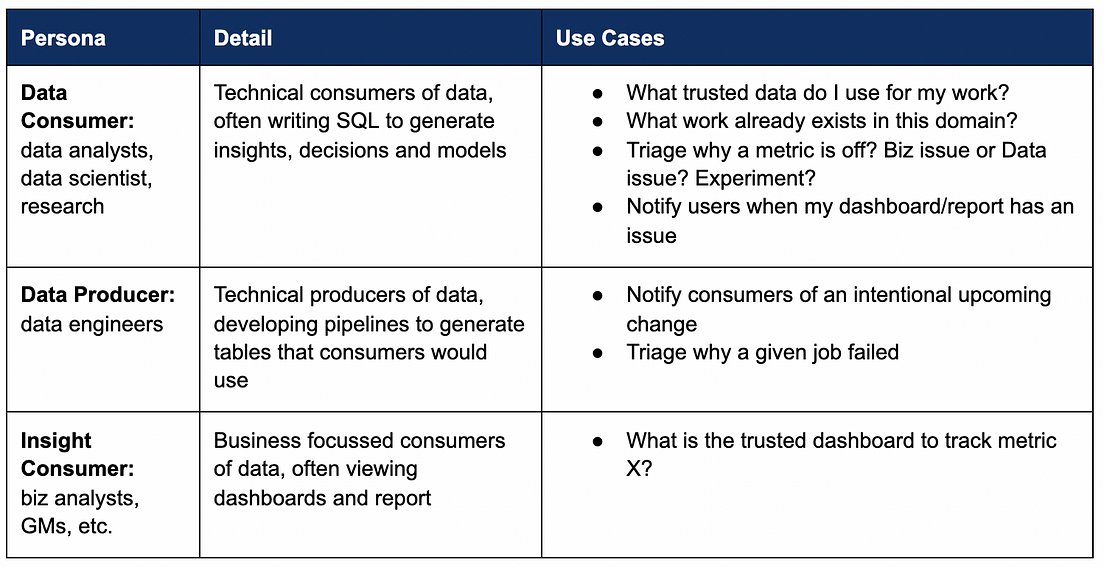


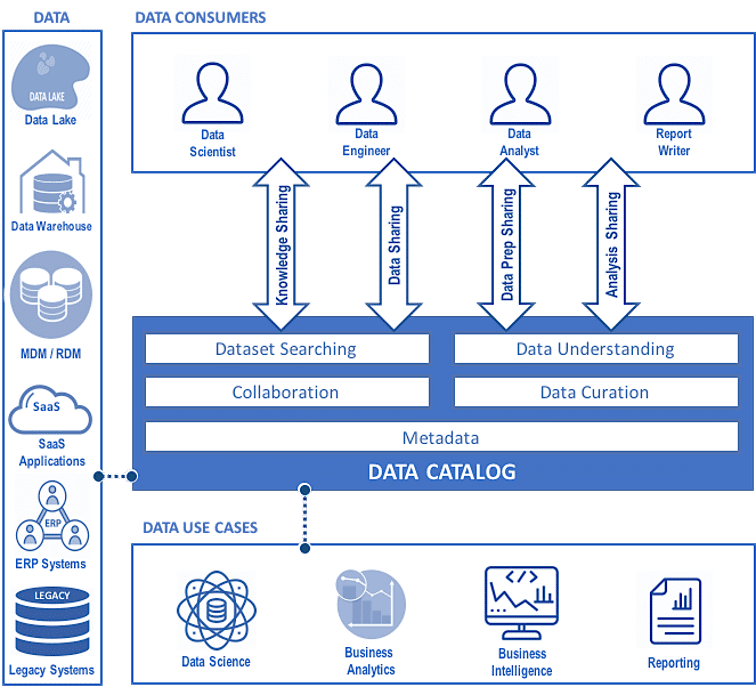
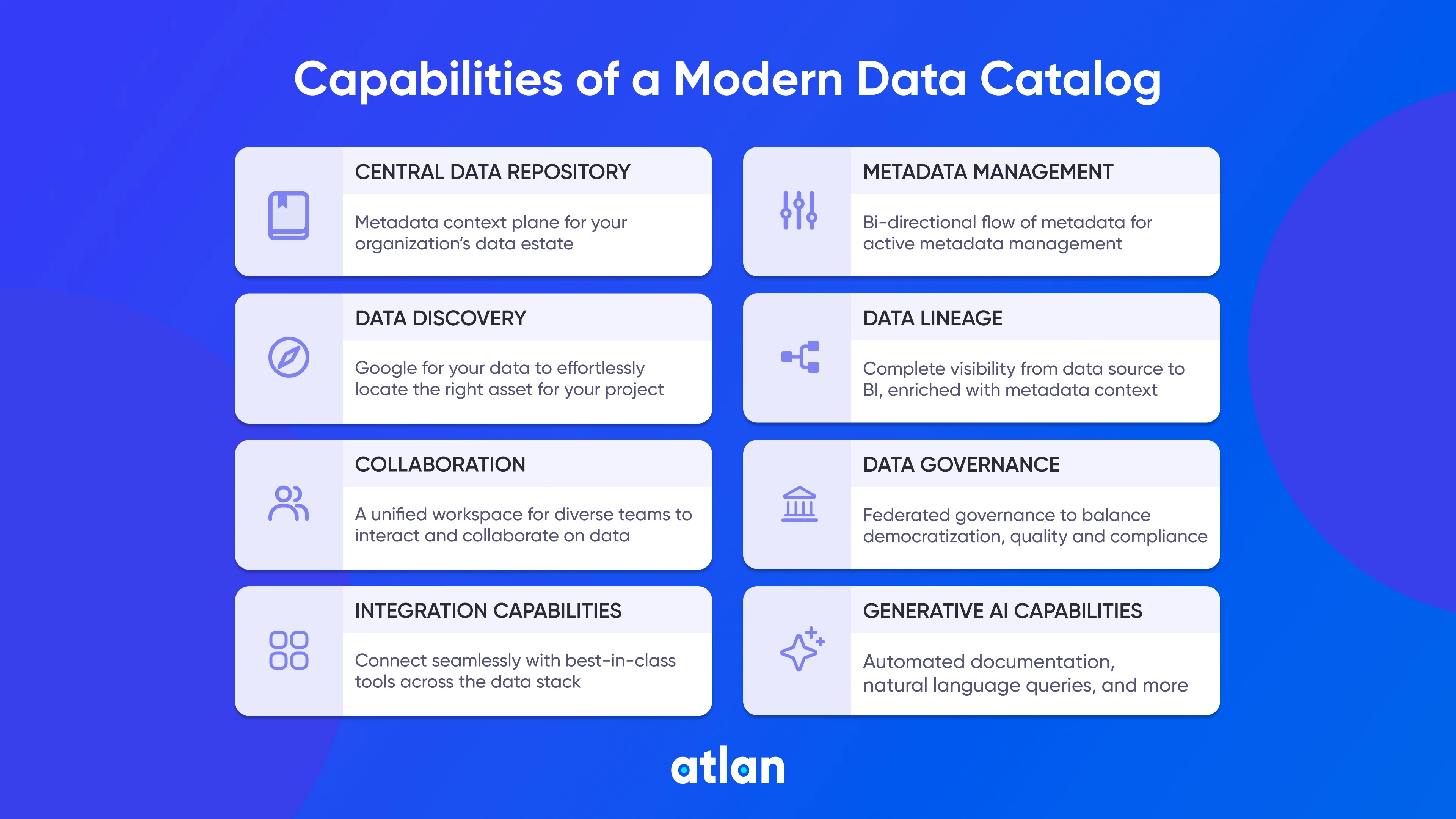
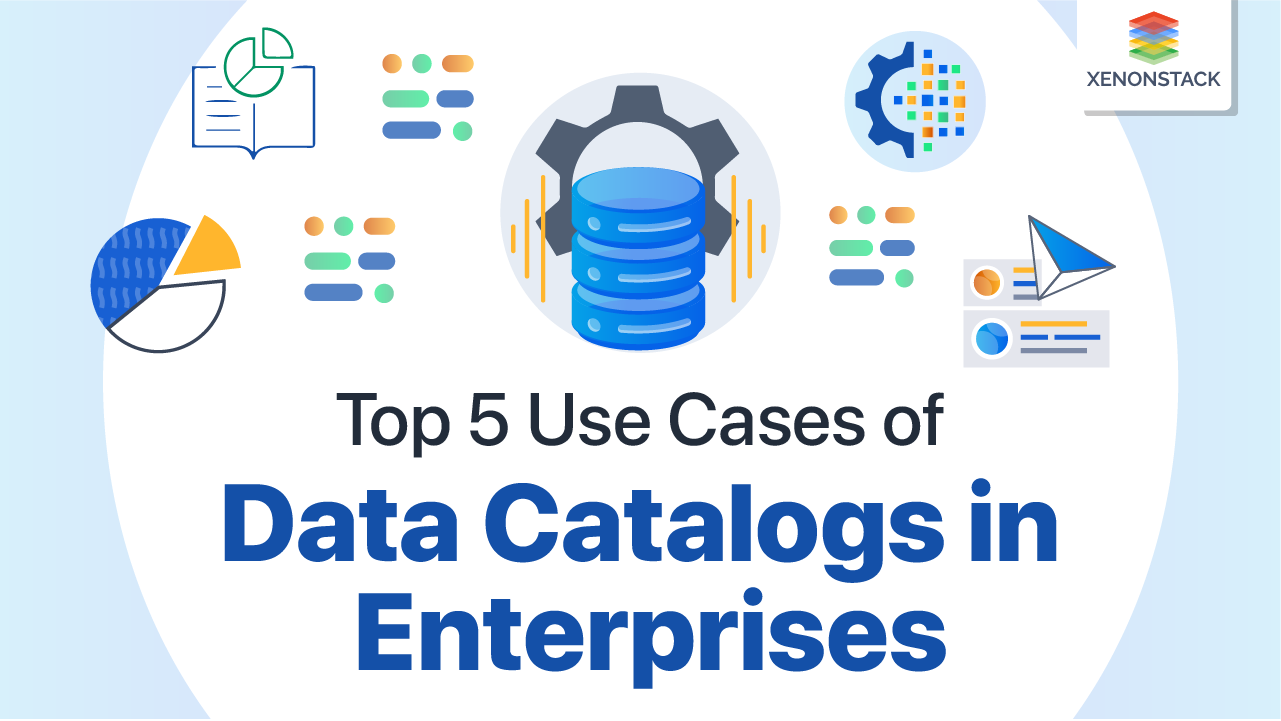
.png)
